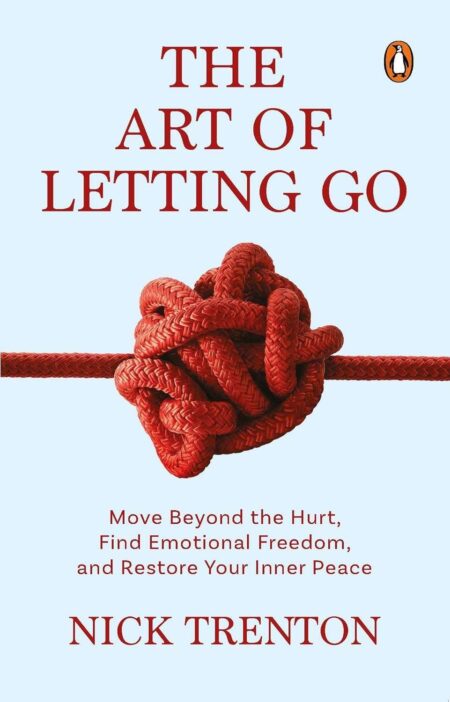Description
“Hideaway” typically refers to a place of seclusion or refuge, often away from the hustle and bustle of everyday life. It can be interpreted in various contexts:
- Physical Location: A hideaway can be a physical place, such as a secluded cabin in the woods, a private beach house, or a quiet corner of a park. It provides a peaceful retreat where one can escape from the pressures and distractions of daily life and find solace in nature or solitude.
- Mental or Emotional Retreat: Hideaway can also refer to a mental or emotional state of retreat or withdrawal. It might involve temporarily disconnecting from stressors, responsibilities, or conflicts in order to recharge, reflect, and restore one’s sense of well-being.
- Secret or Concealed Place: In some contexts, a hideaway may be a secret or concealed location known only to a select few. It could be used for clandestine meetings, covert operations, or as a sanctuary from external threats or dangers.
- Creative Space: For artists, writers, or musicians, a hideaway might be a dedicated space where they can immerse themselves in their creative pursuits without interruption or distraction. It provides a sanctuary for inspiration and expression.
Overall, “hideaway” evokes a sense of escape, privacy, and tranquility, whether in a physical, mental, or emotional sense. It represents a retreat from the outside world, offering respite and rejuvenation to those seeking refuge or solitude.












1 review for Buy Hideaway by Penelope Douglas (paperback)
There are no reviews yet.